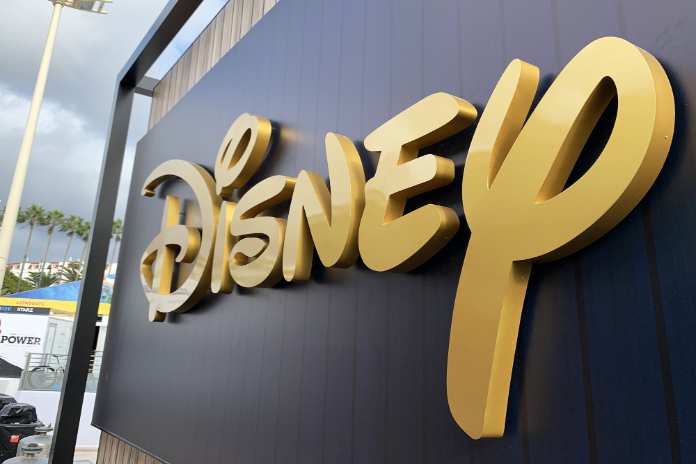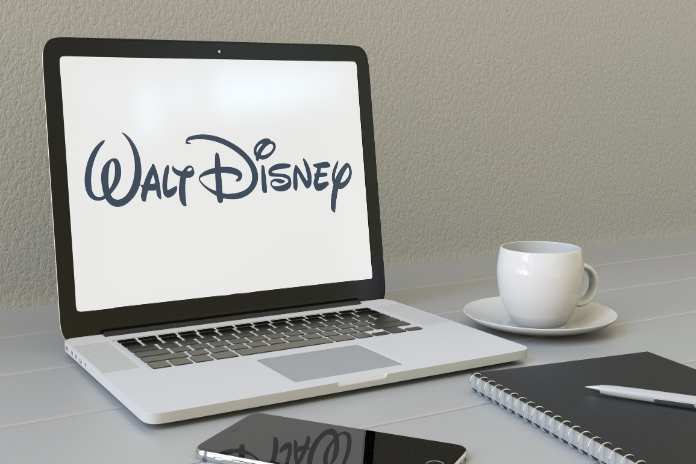No one is surprised by the strategic change made by Meta (NASDAQ:META). In addition to the name change, Meta’s strategy includes reporting financial data in two distinct segments: Family of Apps: Facebook, WhatsApp, Instagram, and Messenger; Reality Labs: Horizon Worlds, Quest, Portal, and Spark are examples of augmented reality and virtual reality products.
The tone of this article would be different if it weren’t for the conscious effort to prioritize the metaverse through its rebranding. The consolidated financial statement from Meta’s 2021 Annual Report shows that the segment’s revenue growth was an impressive 36%. Meanwhile, Reality Labs’ operating margin indicates that for every $1 in revenue, the company is losing $4.48. Currently, Reality Labs is expected to suffer even more significant losses in 2022.
The management of Meta and bullish analysts would likely claim that this is a classic J-curve. As the technology is developed, the first phase of the J-curve is the capital-intensive, negatively geared phase. Due to the low capital expenditures needed for software, the adoption and scale of that technology will, once complete, put the business on a path of higher revenue and significantly higher margins. However, there are good reasons to think adoption will be less impressive.
What Exactly Is the Metaverse?
According to author and venture capitalist Matthew Ball, the metaverse is “a massively scaled and interoperable network of real-time rendered 3D virtual worlds that can be experienced synchronously and persistently by an effectively unlimited number of users with an individual sense of presence.” Although this is the most comprehensive definition available, it fails to account for the convergence of numerous technologies, such as computing power, augmented reality, and virtual reality, that are necessary to make it happen.
Enormously Sized, Realistic Worlds
A digital environment large enough to support billions of users simultaneously would require “a 1,000-times increase in computing efficiency from today’s state of the art,” according to Raja Koduri, Senior Vice President at Intel. Oculus founder John Carmack asserts that we are “five to ten years away.” Simply put, the metaverse that many people envision from science fiction books like Ready Player One and Snow Crash is not currently possible in terms of technology. Massive Multiplayer Online Games restrict the number of players on the same server at any given time for a reason. Otherwise, the experience would be diminished by graphic and latency compromises.
However, creating massively scaled, real-time rendered virtual worlds requires several steps. Unfortunately, many of them have difficulties getting people to adopt them.
Due to mobile penetration rates of about 80% in the developed world and 50% in the developing world, the V/R and A/R Family of Apps can easily find a user base. People use their smartphones practically nonstop. Virtual reality headsets, however, cannot be said to be the same. V/R and A/R can still be enjoyed in a non-immersive manner. For example, consider gaming environments, home tours, and Snapchat filters. These are compatible with current computer and smartphone hardware.
Even so, usage is still modest. Only 16% of Americans use virtual reality (both headset and non-headset), primarily for gaming. Although online interactions will become more immersive over time, this will require a different kind of user experience than simply downloading an app to your smartphone and using it regularly. It necessitates a paradigm shift in how we currently communicate online, as represented by web and mobile applications. Some believe that this paradigm shift won’t happen for a few years. It is a generation away. Reality Labs may continue to exist as a black hole longer than anticipated.
Is Blockchain Meta’s Fatal Flaw?
There is one more crucial point to make. Even if the hypotheses mentioned above are accurate and everyone will be a part of the metaverse in five years, why should you choose Meta’s Horizon Worlds over Decentraland, The Sandbox, or a group of applications focused on avatar integration like Ready Player Me?
Users can own their clothing, in-game items, land, real estate, and more as non-fungible tokens in the counterexamples above. A digital environment where users own things is more like the real world. The alternative is Meta’s virtual universe. This is the current debate between a public and private metaverse. In my opinion, it reminds me of the mid-1990s debates about intranets versus the internet. Blockchain will make the metaverse open and ownable whenever it materializes.
Bottom Line
Meta’s Reality Labs appears to be a black hole based on the statistics. Money is put in, but the revenue figures are pitiful. But does this dynamic resemble a J-curve where a sizable payout will occur in a few years?
Even though Meta stock price has increased by 32% over the past thirty days, it is still down 63% year to date. Even with the Reality Labs anchor holding it down, this may be an adequate entry point. This is a great entry point, though, if you think that online interactions will eventually be immersive and that Meta will have the network effects necessary to profit from and expand Reality Labs and its Family of Apps business.
I have less faith. We are further away from the metaverse experience than anyone imagines in terms of technical requirements and consumer adoption. However, there is no assurance that users will prefer Meta’s representation of this world to open ones. Meta stock recovered well from overly negative sentiment, but the company’s problems are far from over.
Featured Image – Pexels © Nothing Ahead

















